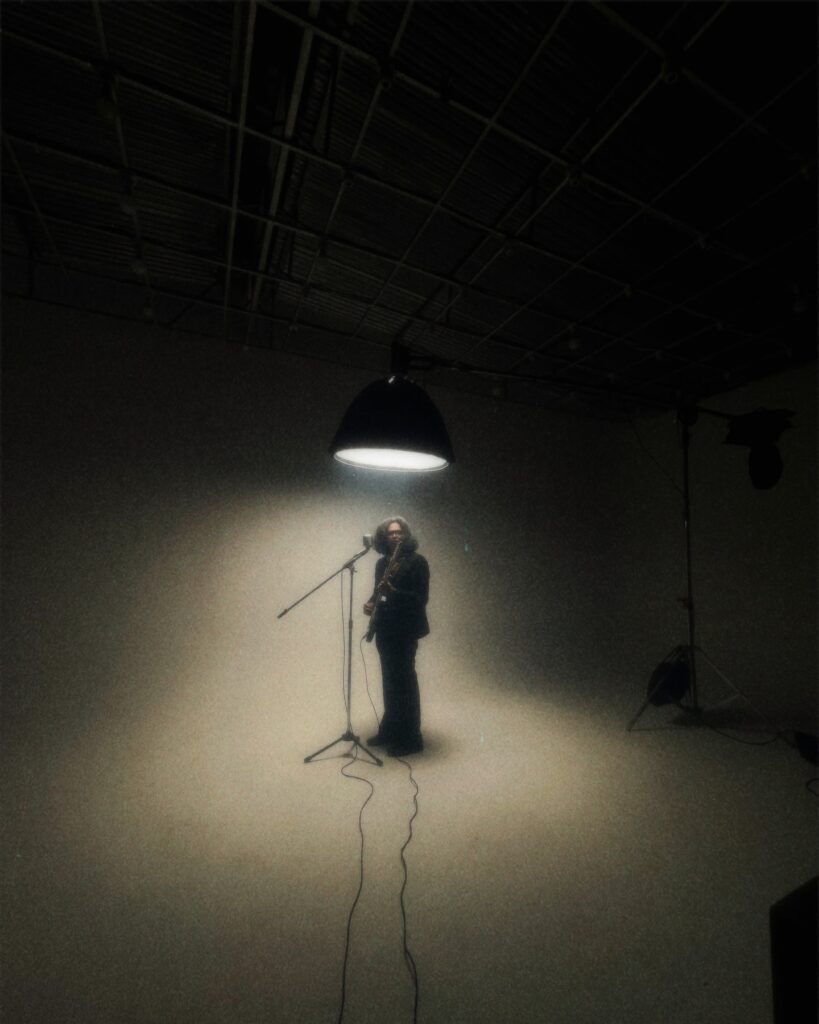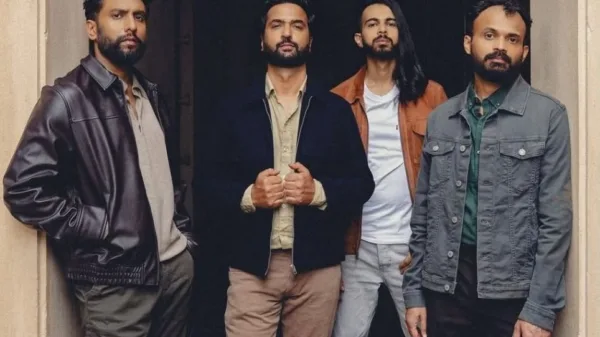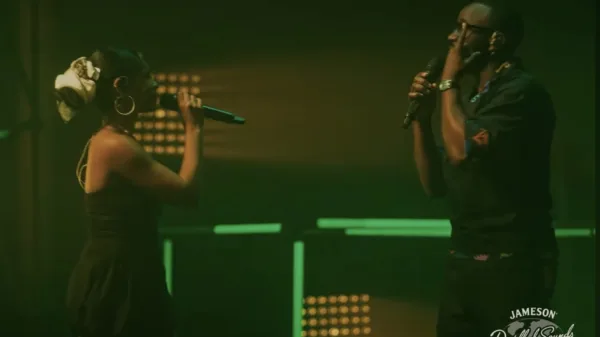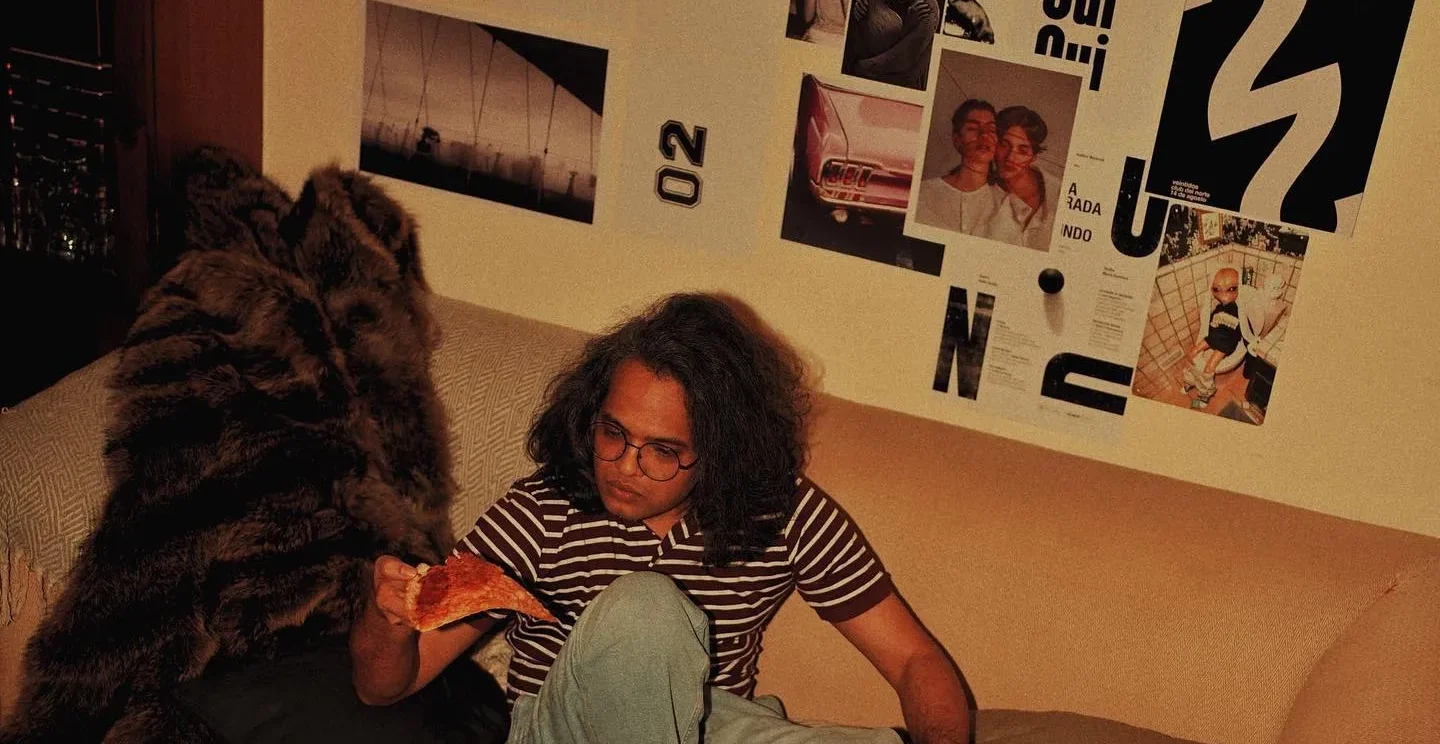It is always fun when a record starts off with an artist belting. Mumbling has gotten its paws on the concept of music and grabbed on so well that it is almost hard to escape it, and no disrespect to all the musicians experimenting with holding a word or two in, swallowing and churning them inside their mouth – but it is such a relief when you open up a rock-adjacent album and there it is, singing, a firm display of vocal range, and a passionate quality now near-exclusive to the genre as a whole. Raman Negi’s new album, Chaltey Purzay, is one of the best pop-rock records to come out of India, in quite a long time.

One finds an odd satisfaction in listening to Urdu-Hindi pop rock, because of the sharpened quality the languages possess, and you are left wondering why there is not a completely fledgling industry of Urdu-Hindi rock and its alignments with other genres, instead of a strong but underappreciated niche, considering it provides such good working ground for it. At first glance, the record comes with some intriguing titles : Darmiyaani Ungli Chronicles, Farzi Kirdaar and Badshah Zero being some of them.
Negi says, “Chaltey Purzay is as about the world as Shakhsiyat was inward looking. After having written consistently for a few years about my most personal thoughts, Chaltey Purzay is a departurefrom all that. It talks about the people who shape my world, it’s about my place as an artist inthe larger machinery. It’s about looking around and letting my inherent curiosity take overand then documenting my observations into songs. Chaltey Purzay is literally a term for acurious, clever person who is full of intrigue about the unknown. So this is a saga of figuringout how the world works. In some sense, it’s reflecting on the aftermath of everyday life fromthe perspective of an artist who is still figuring his place in the world.”
This bit works in explanatory fashion, because it is indeed a curious record, the songwriting is explorative, a sense of radicalized optimism — which when encountered, should be treasured. The record starts off strong, Darmiyaani Ungli Chronicles is fun, with a chorus that plays off the stereotypical pop-rock “na na na na”, with Negi solidifying his vocal control — and preparing you for what he is going for on this project. As Negi sings “Wasiyat mein mili zubaan/Meri uraan dekhenge zaamane/Jo aane waale”, you get a taste of the ideology that forms Negi’s current standing in his own artistry. Negi is young, determined, and ambitious, but not unaware or devoid of a sense of presence in time — and all of that translates into the project. He follows it up Zeest, which is playful and lively (reflecting its title).
Negi utilizes the delivery of a chronicler, a charismatic deliverer of stories interspersing it with a sense of inherent humor. Kismet, one of my favorites on the record, has a distinct 2000s aura to itself. The attractive thing about Negi is that you can route his influences pretty well, but he refurbishes them in succinct ways so that it does not sound overdone, or too familiar that it makes you skip it altogether.
Farzi Kirdaar, another great track on the record utilizes some good electronic production, a departure from the percussion-guitar-dual-attack that overarches as the instrumental theme for many of the records. The synthy production contrasts Negi’s slightly jagged voice. Negi combines production and songwriting, rarely compromising either on the record. The bass is interesting on Berang, with slightly softer interludes in between, and tracks like these stop the record from intermeshing into one whole 27 minute song, because Negi’s compositions do fall into the trap of having a similar arrangement — but he works his way out of it for the most part.
Badshah Zero is another fun number, breezy for the most part, and Negi pulls punches with his lyricism : Har shaayar kaayar apni nagri ke / Dekho inko ruk ke dekho zara / Hai pehchaan gum shohrat kee galiyon mein / Inaamein jee loon arey kal kaa kisko pata. The outro has the construction that would perhaps take you back to Baran era Parvaaz.The album ends with Hukka Pani (A 21st Century Poem),and its grandiose build-up of an arrangement. Overall, the record is prolific, polished, and well-made. Negi locates himself in the Indian pop-rock tradition, taking influences and restructuring them into something that is very personal and new — perhaps forecasting a personal essence into the music landscape.


























